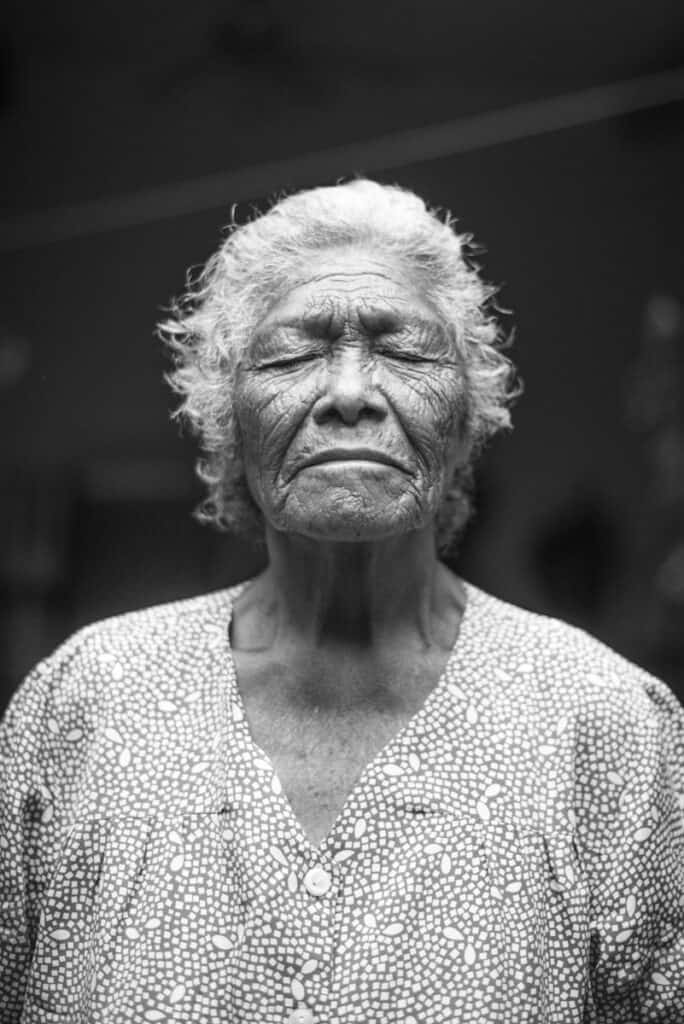Guardianship Attorney Mesa, AZ
Navigating Guardianship in Arizona: What You Need to Know
Knowing when to step into your loved one’s shoes and provide care to them can be overwhelming.
You might require a legal intervention called guardianship.
At Copper Wren Law, we understand that seeking guardianship for a loved one can be an emotional and complex process.
Our mission is to guide you with compassion and clarity, ensuring that your loved ones are protected and cared for in the best way possible.
Understanding Guardianship
Guardianship is a legal relationship established by the court in which a person (the guardian) is given the authority to make decisions on behalf of another person (the ward) who is unable to make decisions for themselves due to incapacity.
This incapacity could be due to age, disability, or other reasons. In Arizona, the statutes governing guardianship are designed to protect the rights and well-being of the ward while providing the necessary support they need.


Types of Guardianship in Arizona
There are several types of guardianship available in Arizona, each tailored to different needs and circumstances:
- Guardianship of a Minor: This type is often sought when parents are unable to care for their child due to illness, absence, or other reasons. The guardian assumes the parental role, making decisions regarding the child’s education, health care, and welfare.
- Guardianship of an Adult: For adults who are incapacitated and unable to make decisions for themselves, a guardian is appointed to manage their personal and/or financial affairs. This is common for individuals with significant disabilities or elderly persons suffering from dementia.
- Limited Guardianship: In some cases, the ward may only need assistance with certain aspects of their life. Limited guardianship allows the guardian to make decisions in specific areas while the ward retains their rights in other areas.
- Emergency Guardianship: Sometimes, immediate action is required to protect an individual. Emergency guardianship can be granted quickly to address urgent needs, but it is typically temporary until a more permanent solution is established.
The Guardianship Process
Establishing guardianship in Arizona involves several steps:



Step 1: Filing a Petition
The process begins with filing a petition in the appropriate court. This document outlines the reasons for seeking guardianship and provides detailed information about the proposed ward and guardian.
Step 2: Notifying Interested Parties
All interested parties, including family members and the proposed ward, must be notified of the petition. This ensures transparency and gives others the opportunity to voice their opinions.
Step 3: Court Investigation
The court may appoint an investigator to assess the situation and make recommendations. This step helps ensure that guardianship is in the best interest of the ward.
Step 4: Hearing
A court hearing will be held where the judge reviews the evidence and hears testimony from all parties involved. The judge then decides whether to grant guardianship and outlines the guardian’s responsibilities.
Step 5: Ongoing Oversight
Once guardianship is established, the guardian is required to provide regular reports to the court. This oversight ensures that the guardian is fulfilling their duties and the ward’s needs are being met.
Client Testimonials
Your Partner in Guardianship
At Copper Wren Law, we recognize that every guardianship case is unique, with its own set of challenges and emotions.
Our team provides personalized, empathetic, and professional guidance through every step of the process. We work tirelessly to ensure that your loved one’s rights and well-being are safeguarded and that you feel supported throughout this journey.
Navigating guardianship can be daunting, but you don’t have to do it alone.
Trust in the experience and compassion of Copper Wren Law to help you secure the best possible future for those you care about most.
Frequently Asked Questions About Guardianship in Mesa, AZ
Want answers to your specific Guardianship situation?
Schedule a Consultation to get direct answers for your unique family needs.



